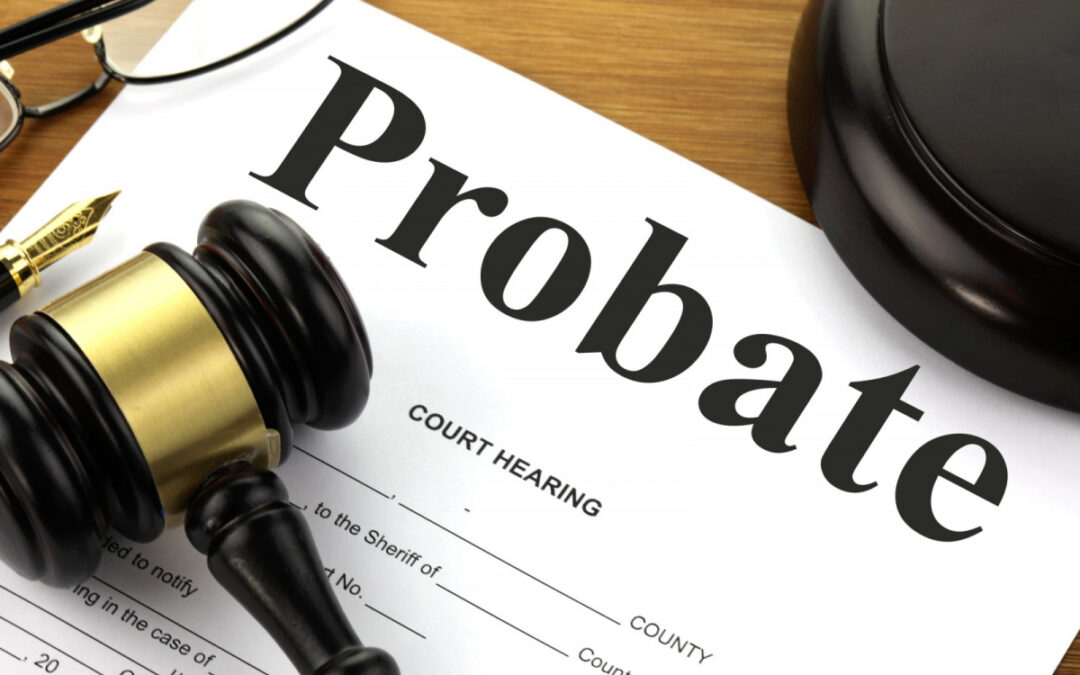Question: My mother’s will names me as the personal representative of her estate, and says I can serve “without the need for a bond.” When I filed with the probate court, they are making me complete a bond. Why is a bond needed?
Answer: The role of personal representative is a court appointed authority, which causes judges anxiety. What if the person appointed does something awful. Heck, some lawyers even steal estate funds. How does a bond protect members of an estate?
A bond is the formal written promise made by the personal representative that he or she will responsible for violations of his or her fiduciary duty. Judges sleep better knowing a personal representative has some “skin in the game.” Consider the bond like a promissory note which formalizes a borrower’s obligations and makes them personally responsible to perform.
Sometimes, a judge demands double layered protection, by requiring sureties on the bond. Here, the personal representative is on the line to perform, but the court wants other resources for potential recovery. Consider sureties on a bond like co-signers to the promissory note.
Two individuals, with sufficient assets to cover the value of the estate, can act as personal sureties on a bond. Alternatively, a corporation can step into this role for a fee. Either way, the sureties are vouching for the personal representative, and assuming responsibility, for their performance.
In your case, your mother’s will tried to waive your bond. But, you got the next best option: waiver of sureties on your bond.
Priority Law can advise on probate issues.
The article was originally published in the Lowell Sun and for informational purposes only and not to be relied on as legal advice, in any manner.

